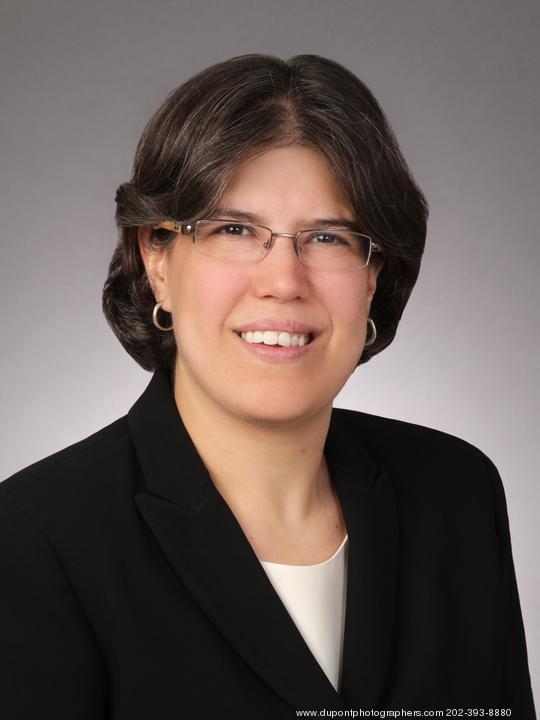
D.C.’s MPower Financing has secured yet another investment — this time, from Halcyon Angels.
The student loan startup received $115,000 from the Georgetown angel group, a new network of early-stage investors under the social entrepreneurship nonprofit’s umbrella. Consider it a funding cherry on top of $9 million that MPower raised in June from a slew of investors, near and far, bringing its total funding to date to just shy of $30 million.
But Halcyon’s deep local ties and focus on promoting social impact ventures make this backing meaningful, said MPower CEO and co-founder Manu Smadja, who added that he hopes to partner with more local institutions going forward. “There’s very much a D.C. story to what MPower is,” he said.
“Multiple times, people ask, ‘Are you interested in going to San Francisco? Why aren’t you on the West Coast, or in New York for fintech?’ and we’ve always been very passionate about the fact that Washington, D.C., to us is the global capital for conscientious entrepreneurship,” he said. “There are so many different nationalities represented here.”

That demographic is important to MPower, which finances loans for both domestic and international students coming to the U.S. and Canada for college degrees. The company is then repaid through a predetermined portion of the students’ future salaries after graduation, a growing method of student lending.
The recent string of investments will help MPower automate more of its loan application reviews, Smadja said. And as demand grows, he said he expects to double its 50 employees in the U.S. and Bangalore, India, in the next year alone. The startup, founded in 2014, now works with more than 350 colleges and universities to provide loans to students from more than 200 countries, amounting to about $2 billion in loan applications on its platform. It’s on track to break even in 2021, Smadja said, declining to disclose revenue. But the company expects to hit $100 million in new loans made to students next year, he added.
That blend of social impact and financial value appealed to the Halcyon Angels group, which has been assessing startups that help respond to the calls for racial and economic equity, said Director Dahna Goldstein. She pointed to MPower's work in reducing barriers to entry in education for students who otherwise couldn’t study in the U.S. — and that it’s the only lender that doesn’t require a U.S. co-signer for undocumented immigrants known as “Dreamers,” those protected from deportation by the federal Deferred Action for Childhood Arrivals policy.
“We’re also driven by the possibility of financial returns, and we see the potential there, as well,” Goldstein said. “Anything in the fintech realm that’s providing greater access to opportunity is potentially a good fit for us.”

It marks the group’s third investment, following two in August: $400,000 for Richmond data analytics company MajorClarity and $230,000 for Cambridge, Massachusetts-based renewable energy startup Solstice. Halcyon Angels is now reviewing applications for its Nov. 19 meeting, for which it will select a few to present virtually.
Like other investors, Halcyon Angels is also taking into account how the pandemic is affecting these startup investments, Goldstein said. In MPower’s case, the business “made some very smart and strategic decisions when the pandemic broke,” Goldstein said. “Their loan portfolio has performed remarkably well during the pandemic and that makes the asset attractive and appealing.”
As the pandemic hit, the company said it pivoted quickly to virtual work and review and oversight of its lending platform, quickly hiring up for its engineering team to manage a rising workload.
And the coronavirus has indeed created “a dramatic surge in demand” for MPower’s loans, Smadja said. That’s partly because the majority of international students stayed in the U.S. over the summer and continued attending their colleges and universities into this school year.
The global crisis also created more need for the company's loans, particularly if a student's parents lost their jobs or had to shut down their businesses in their home countries and, therefore, couldn't contribute as much to his or her education, Smadja said. That also comes as banks face their own rising demands from small businesses, he said, “so a lot of them aren’t lending as much as they used to” in this niche.




